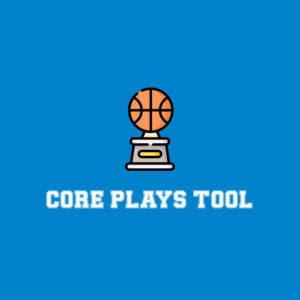
A crucial element to projecting players in fantasy is determining their role and the context of the team on which they operate. In this divisional series, we will explore the inner workings of each team. These writeups are loaded with beautiful data visualizations (brought to you by Anthony Amico) that will expose the gears that push these NFL teams forward. When the Week 1 clock strikes kick-off, your coronation as fantasy kings or queens begins. Let’s dive into the Carolina Panthers.
Carolina Panthers
Head coach: Matt Rhule
(CAR 2020-present; Baylor HC 2017-2019; Temple HC 2013-2016)
Rhule is often billed as an offensive-minded coach, when the truth is he’s a Swiss army knife. Rhule’s original background was on the defensive side of the ball. He played linebacker for four years at Penn State before coaching nine years of defensive line, special teams and linebackers. Rhule got his first taste of the NFL coaching ranks as an assistant offensive line coach for the New York Giants. The Panthers pray that his magic touch extends to the NFL ranks. After Rhule turned the downtrodden colleges of Temple and Baylor into perennial 10-/11-win teams, Carolina hopes that Rhule and Joe Brady can bring back postseason fireworks to Charlotte.
Offensive coordinator: Joe Brady
(2020-present; LSU passing game coordinator 2019; NO offensive assistant 2017-18)

Teddy Bridgewater is reunited with Brady in Carolina. Brady was an offensive assistant when the Saints acquired Bridgewater’s services in 2018. With Drew Brees sidelined by injury last year, Bridgewater got a five-game cup of coffee as the starter for the Saints. In his five starts, Bridgewater averaged 17.1 fantasy points per game, which would have ranked him as the QB16 in per-game scoring over a full season, immediately behind Carson Wentz. Bridgewater showed his ability to deliver an accurate ball, finishing with top-10 marks in true, play-action and clean pocket completion percentages. Bridgewater’s 20th-ranked pressure completion percentage is worth noting considering the Saints offensive line is among the league’s best, and the Panthers are a step below. This is not to say Bridgewater can’t improve upon this, considering this was his longest stretch under center since 2015. Bridgewater is airdropping into a system that should be both familiar and accentuate his strengths in the field’s short and intermediate areas.
Christian McCaffrey had a historic season in 2019. McCaffrey crushed souls on his way to the RB1 spot in PPR fantasy points per game. McCaffrey’s PPR points per game (29.45) was the fifth-best season for a running back since 1970. McCaffrey became just the third running back to record 1,000 rushing and receiving yards in a single season, joining Marshall Faulk and Roger Craig. Last year at the collegiate ranks, Brady utilized Clyde Edwards-Helaire as the clear lead. Edwards-Helaire handled 60.2% of the rushing workload and garnered 69.6% of the team’s running back receptions. With the ink still drying on McCaffrey’s new deal, look for him to still be a workhorse in all phases of the game.
D.J. Moore will look to build upon last season’s fantastic year despite replacement-level quarterback play from Kyle Allen. In Weeks 1-15, Moore was the WR11 in PPR fantasy points per game, averaging 83.9 receiving yards per game, which would have ranked third on the season behind only Chris Godwin and Mike Evans. Moore was limited to 9% snaps in Week 16 and missed Week 17 due to a concussion. Worth noting that in Brady’s scheme, Justin Jefferson led the Tigers in receptions last year while working primarily from the slot. In 2018 with competent quarterback play, Moore dominated from the slot as a rookie. That year, Moore had an 80.7% catch rate (26 targets) and 123.4 passer rating from the slot. With improved quarterback play for Moore this year, the sky’s the limit in this offense.
Last year, Curtis Samuel‘s season was crushed by Allen’s abysmal deep ball inaccuracy. Allen ranked 35th in deep ball completion percentage last season. In 2019, 27.6% of Samuel’s targets were on routes of an aDOT of 19 yards or higher. Samuel was still extremely efficient in the short areas of the field, with a 66.7% catch rate on targets of an aDOT of 12 yards or less. Samuel will vie for targets with Robby Anderson behind Moore.
Rhule reunites with former Temple receiver Anderson this year, meaning he has seen Anderson’s deep speed firsthand. Anderson will be the lid-lifter for this offense. Anderson’s prowess in this role is well documented over the last two seasons, with six of his 11 receiving touchdowns residing on go routes. Bridgewater only attempted 15 deep balls last year but ranked fourth, completing 46.7% of them. If Bridgewater can continue anything close to that excellence on his deep ball on a larger sample size Anderson is due for some spike weeks this season.
Ian Thomas walks into this season as the clear starter with the needle firmly pointing up on his fantasy value. Thomas has produced over the last two seasons when called upon. In the last 14 games in which he played 47% or higher snaps, he has finished as a top-12 fantasy tight end in five of them. Brady utilized his tight end, Thaddeus Moss, last season at LSU — he ranked fourth on the team in receptions and receiving yards. Thomas, with his 78th percentile agility score, is arguably a more athletic receiver as well.
Pace/pass rate/personnel
Between Rhule and Brady, look for the Panthers to run fast again this year. Last year, the Panthers were fifth in situation neutral pace. Rhule has run 6.65 plays per game above the collegiate average in two of the last three seasons. Brady’s LSU offense ranked 25th of 130 colleges last year in plays per game.
Last year, the Panthers were fourth in passing rate overall at 64%. Brady led the Tigers last season to a 23rd ranking out of 130 colleges in passing rate with 54.3%. With the Panthers atrocious on paper defense, they should be throwing a ton this season. LSU was ranked 108th of out 130 colleges in rushing rate at 45.7%. While this might seem concerning to McCaffrey on the surface, his pass game role will ensure that he’s heavily utilized weekly even if his carry count takes a slight hit.





Panthers offensive scheme
Per Football Outsiders, “the Fremeau Efficiency Index (FEI) is a college football rating system based on opponent-adjusted possession efficiency, representing the per-possession scoring advantage a team would be expected to have on a neutral field against an average opponent.” OFEI is the offensive arm of this index that stands for opponent-adjusted offense ratings. When trying to gauge past efficiency in collegiate offenses and how this prowess might translate to the NFL level, this is another piece to the puzzle. Last year during LSU’s historic run, Brady’s offense was ranked first out of 103 colleges. Rhule’s offense at Baylor was a top-50 squad in back-to-back seasons, ranking 48th and 30th out of 130 colleges.






Defensive coordinator: Phil Snow
(Baylor DC 2017-2019; Temple DC 2013-2016)
Snow makes his arrival to the NFL coaching ranks as a relative unknown to many with his last seven years of defensive coordinator experience coming at the collegiate ranks. Snow has overseen some impressive defensive lines over the last five seasons. Over his last five years at Baylor and Temple, he’s had three years with his front four ranking 31st or better in adjusted line yards. Over that same period, he coached Temple to 22nd and 25th in fewest rushing yards allowed out of 128 colleges. After the Panthers ranked 32nd in rushing defense DVOA last year, Snow’s touch with this group is needed.
The Panthers leaned heavily into improving the defense in the Draft by using all seven of their picks on the defensive side of the ball. If there’s an Achilles heel to Snow’s collegiate resume, it’s been his pass defenses. After two stout years ranking inside the top 37 in fewest passing yards allowed his Baylor teams never ranked higher than 52nd. With the Panthers losses of Eric Reid, James Bradberry, Mario Addison, Bruce Irvin and Vernon Butler, this pass defense could struggle this year. With Irvin and Butler gone the Panthers lost their top two sack leaders from last year. Derrick Brown and Brian Burns are being counted on heavily to fill that gap. This defense overall will be among the league’s worst this season.









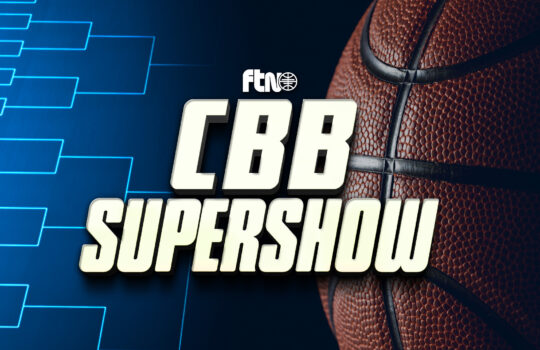

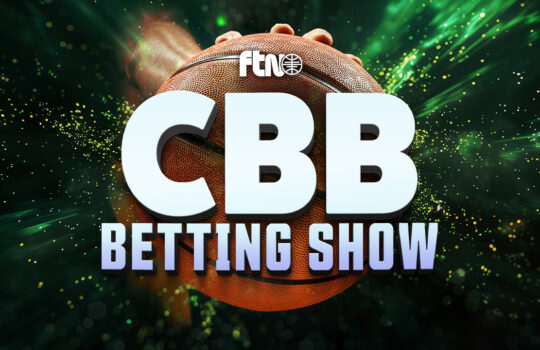


















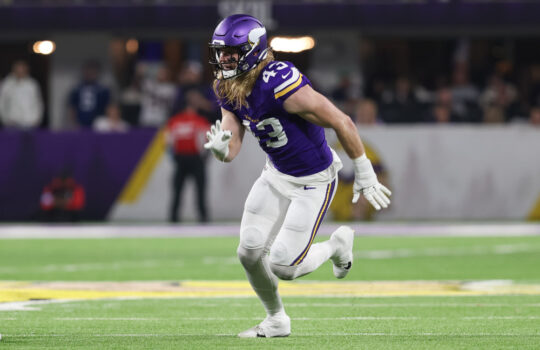



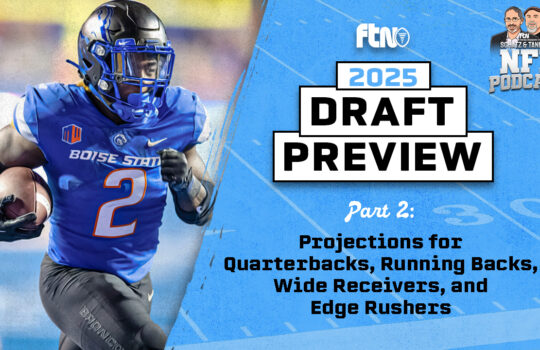

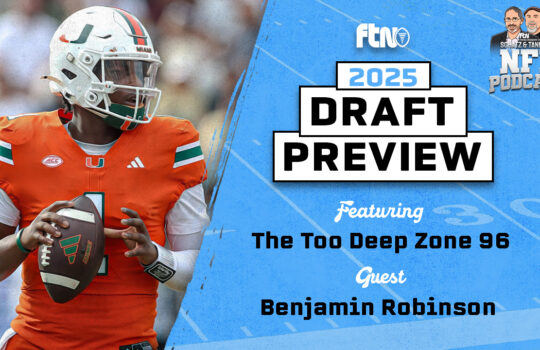
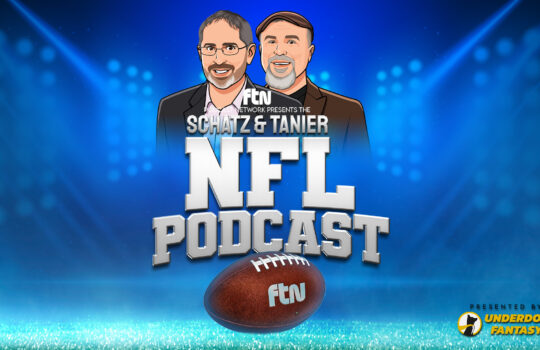








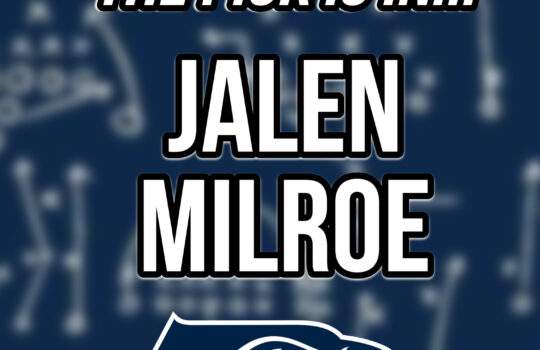

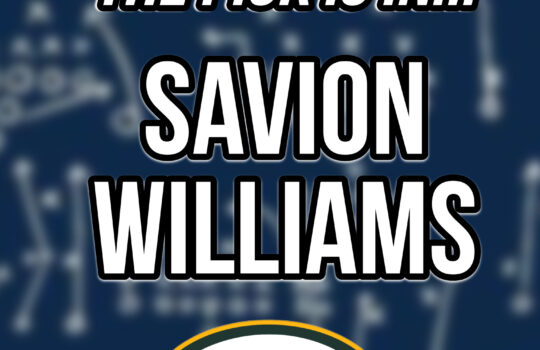
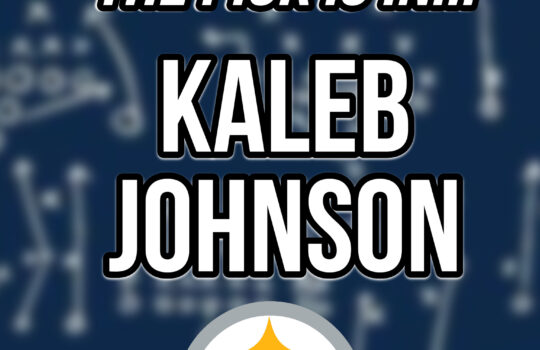

 New York Jets
New York Jets  New England Patriots
New England Patriots 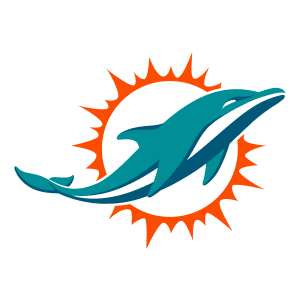 Miami Dolphins
Miami Dolphins  Buffalo Bills
Buffalo Bills  Pittsburgh Steelers
Pittsburgh Steelers  Cleveland Browns
Cleveland Browns  Cincinnati Bengals
Cincinnati Bengals 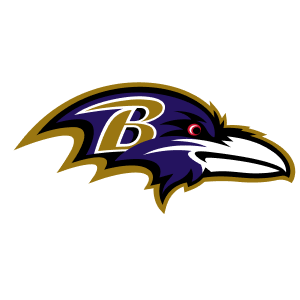 Baltimore Ravens
Baltimore Ravens 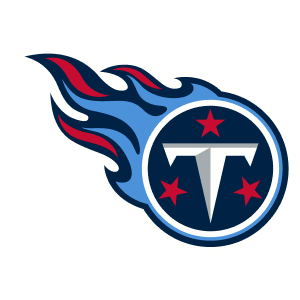 Tennessee Titans
Tennessee Titans  Jacksonville Jaguars
Jacksonville Jaguars  Indianapolis Colts
Indianapolis Colts  Houston Texans
Houston Texans  Las Vegas Raiders
Las Vegas Raiders 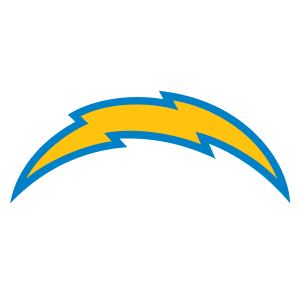 Los Angeles Chargers
Los Angeles Chargers  Kansas City Chiefs
Kansas City Chiefs 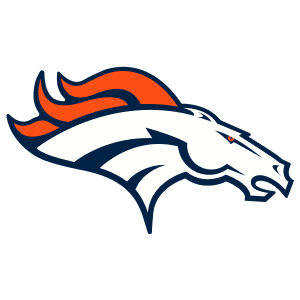 Denver Broncos
Denver Broncos  Washington Commanders
Washington Commanders  Philadelphia Eagles
Philadelphia Eagles 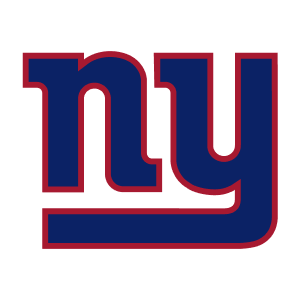 New York Giants
New York Giants  Dallas Cowboys
Dallas Cowboys  Minnesota Vikings
Minnesota Vikings  Green Bay Packers
Green Bay Packers 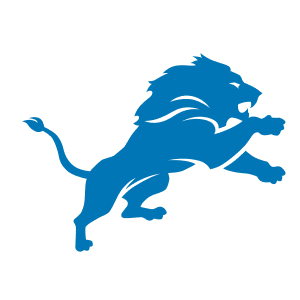 Detroit Lions
Detroit Lions 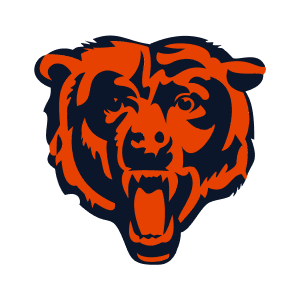 Chicago Bears
Chicago Bears 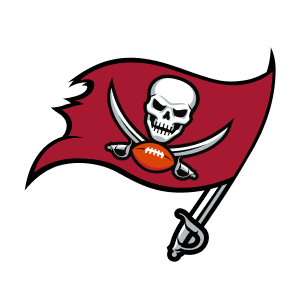 Tampa Bay Buccaneers
Tampa Bay Buccaneers  New Orleans Saints
New Orleans Saints 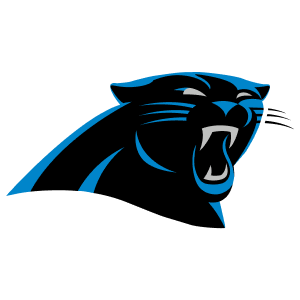 Carolina Panthers
Carolina Panthers 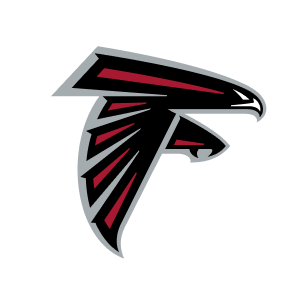 Atlanta Falcons
Atlanta Falcons  San Francisco 49ers
San Francisco 49ers 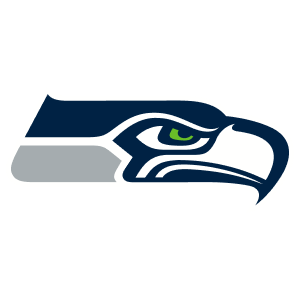 Seattle Seahawks
Seattle Seahawks  Los Angeles Rams
Los Angeles Rams 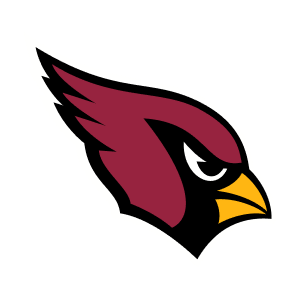 Arizona Cardinals
Arizona Cardinals 
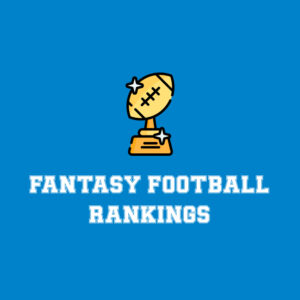
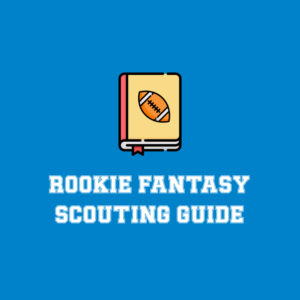






 Boston Celtics
Boston Celtics  Brooklyn Nets
Brooklyn Nets  Philadelphia 76ers
Philadelphia 76ers  New York Knicks
New York Knicks  Toronto Raptors
Toronto Raptors  Chicago Bulls
Chicago Bulls  Detroit Pistons
Detroit Pistons  Milwaukee Bucks
Milwaukee Bucks  Cleveland Cavaliers
Cleveland Cavaliers  Indiana Pacers
Indiana Pacers  Orlando Magic
Orlando Magic 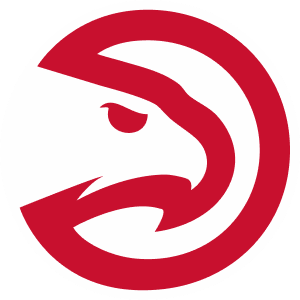 Atlanta Hawks
Atlanta Hawks  Charlotte Hornets
Charlotte Hornets  Miami Heat
Miami Heat  Washington Wizards
Washington Wizards  Denver Nuggets
Denver Nuggets 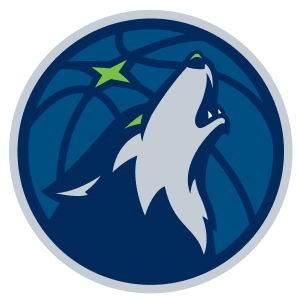 Minnesota Timberwolves
Minnesota Timberwolves  Oklahoma City Thunder
Oklahoma City Thunder  Portland Trail Blazers
Portland Trail Blazers  Utah Jazz
Utah Jazz  LA Clippers
LA Clippers  Golden State Warriors
Golden State Warriors  Los Angeles Lakers
Los Angeles Lakers  Phoenix Suns
Phoenix Suns  Sacramento Kings
Sacramento Kings  Dallas Mavericks
Dallas Mavericks  Houston Rockets
Houston Rockets  Memphis Grizzlies
Memphis Grizzlies  New Orleans Pelicans
New Orleans Pelicans  San Antonio Spurs
San Antonio Spurs 

